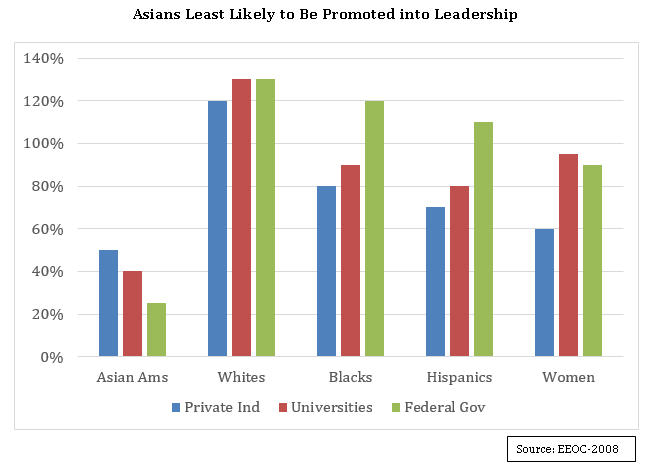
I was in yet another conversation with a leadership team yesterday where the issue of “speaking up” in meetings was the center of the conversation. Several Western world participants agreed that many of their Asian staff members do not speak up in meetings. And then, I was on a call last night with a new client (he is from the US, stationed in China) who commented on the same phenomena. In both situations the Western world leaders thought that the answer was to call these individuals out in meetings. “Liu Yang, I notice that you have been quiet on this topic. What do you think?” When Liu Yang casts her eyes downward and says, “I have nothing to add”, the leader feels that he/she has been inclusive. “At least I asked.”
How do you think that experience might have felt for Liu Yang? She likely felt embarrassed and humiliated. Many Asians trying to navigate in a world of Western values admit that because of the way they were raised, being aggressive is not natural and “silence is golden.” A Japanese proverb says “the nail that sticks up gets hammered down” as contrasted to a US proverb which extols the virtues of speaking up… “the squeaky wheel gets the grease.”
In her book Lean In Sheryl Sandberg advises women to learn to speak up in meetings. Other career gurus agree, recommending that one must speak up to be noticed. In 2008 the EEOC conducted a study that showed Asians are the least likely “minority group” to be promoted into leadership as shown in the graph below. If you think about leadership qualities that most Westerners would promote, they include assertiveness, directness and good communication skills. I posit that “speaking up” would demonstrate the aforementioned leadership qualities in the minds of many Westerners.

What is the Inclusion Solution?
Rather than force Asians or others to “speak up” in meetings, incorporate different methods for soliciting input. One way is in team meetings but this is not the only way. Virtual communication (e.g. e-mail) or one-on-one face to face conversations should also be considered. To promote mutually adaptive strategies, perhaps as a manager you could approach Liu Yang before the meeting. Ask her to be prepared to comment on X. This way you are encouraging her to “lean in” to Western norms in a way that may be less counter-culture for her. Lastly, check your biases and stereotypes about what behaviors show initiative and are therefore those that get rewarded. Just because someone is quieter and introspective does not necessarily mean he/she would not be a good leader.


















